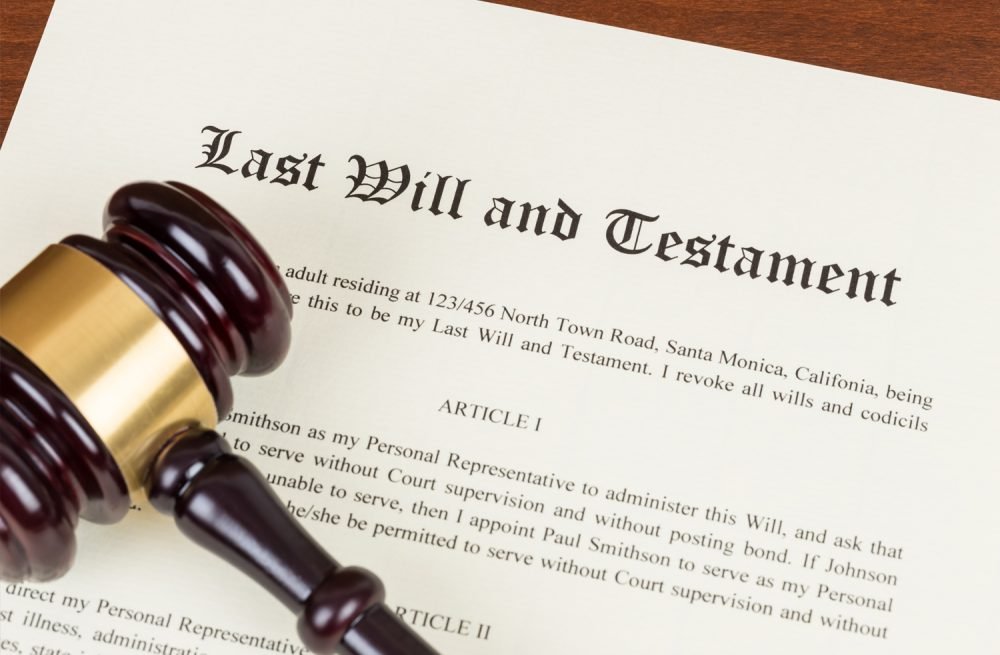A caution on what could happen when a New Jersey resident’s Will is lost at the time of their death. When a loved one passes with a valid Will, their intentions for the disposition of their assets passing through their estate are usually clear. Issues arise with many Wills when the intentions are not clear or the original New Jersey Resident’s Will is lost at the time of their death. This article discusses a recent New Jersey Appellage Division case and what may happen if a Will cannot be found.
Example of When A New Jersey Resident’s Will Is Lost: In the Matter of the Estate of Bonnie Kremer:
Bonnie executed a Will in 1992 before she was married and had children. The Will named Bonnie’s sister Pamela McGinnis as executrix with her sister Patrice Berman as the contingent executrix.
A few years after executing her 1992 Will, Bonnie married Joseph Kremer in 1997. Bonnie and Joseph then had three children born between 2003 and 2005. Bonnie did not execute a subsequent Will after these milestones. Her 1992 Will did not include her husband and children for obvious reasons. Bonnie filed for Divorce from Joseph in 2014. The Divorce was protracted due to litigation and was not yet resolved at the time of her passing on January 24, 2023.
After Bonnie’s passing, Joseph was unable to find the 1992 Will that Bonnie had drafted. When Joseph sought to be appointed as Administrator of Bonnie’s estate, Bonnie’s sisters opposed his appointment. As a result, Joseph filed a petition with the County Surrogate to be appointed as the Administrator of Bonnie’s estate. Bonnie’s sisters, Pamela and Patrice filed a cross-claim to probate a copy (not the original) 1992 Will and to be appointed as executor.
In order to have a copy of a Will accepted by the Court, it must be proven by clear and convincing evidence that the decedent did not revoke their original Will. The revocation of a Will is governed by N.J.S.A. 3B:3-13. A “revocatory act on the will” includes burning, tearing canceling, obliterating or destroying the will or any part of it.” Another way to revoke a previous Will is to execute a subsequent Will.
Therefore, Bonnie’s sisters were required to show that Bonnie had not revoked her 1992 Will when they presented a copy of the Will to the Surrogate. The Court found that the Will had been in Bonnie’s exclusive possession and she had not given or shared her Will with anyone else. Further the Court looked to the content and timing of the 1992 Will and that no proof was provided showing Bonnie would not have wanted to update her estate planning after her children were born. There was no clear and convincing evidence that Bonnie did not destroy her 1992 Will because she was the only one with control over the document and her family dynamics had changed. The sisters were not successful in probating the Will copy, and the 1992 Will was deemed revoked.
This case is a reminder to safeguard the original version of your Will and to review your Estate planning documents every few years to update them when you have changes to your family and financial status. Contact Ward, Shindle & Hall for any inquires on what to do when a New Jersey resident’s Will is lost.

